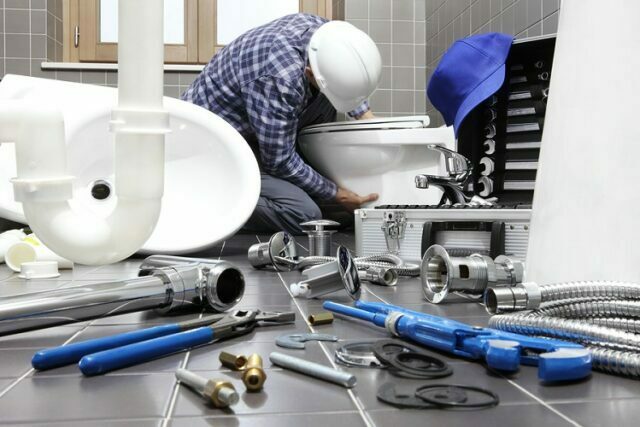Preventative maintenance is vital for the health of your plumbing system. Dealing with a plumbing problem can be costly and inconvenient, and the best thing is to prevent it from occurring. Your plumbing system includes everything part of your water system, including the toilet, kitchen sink, bathroom, laundry unit, water heater, showers, etc.
Maintaining a healthy plumbings system ranges from simple practices such as using the best toilet roll that is biodegradable to scheduling inspection at least twice a year. Below are some preventative tips for your plumbing system.
Table of Contents
Unclog slow drains
When you notice that the water is slow to drain, whether, in your toilet or kitchen sink, there might be a problem. You can use a mix of baking soda or vinegar and hot water to unclog any debris clogging the drain. Also, normalize utilizing a plunger to flush down the drain anytime you notice slow drains. It is a simple preventative practice that can save you a lot in the long run.
Fix leaking faucets immediately
A dripping faucet or shower can cause a lot of water loss, contributing to high water bills. The earlier you call a plumber to fix it, the better since a leaking faucet can deteriorate over time. Always check the condition of your faucets and showers to make repairs as needed. Ensure no water drips when the handles are turned off, and check under the sink for drips when the water is running.
Fix leaking toilets
If you see a leak in your toilet, however small it is, you should immediately have a plumber fix it. In most cases, a faulty seal around the valve of the toilet seat can cause it to leak even when water is not running. The problem could also be with the tack stopper or the handle. Ensure you fix a leaking toilet as soon as possible before the problem gets worse.
Be careful what you flush down the drain.
Many causes of a clogged toilet or drain are flushing down unflushable materials, which you can do unknowingly. Avoid flushing anything else down the drain other than your environmentally friendly toilet paper and human waste. The problem with a toilet is that so many things can go down the drain once they get flushed accidentally, which can clog the whole plumbing system. Also, don’t put anything that can be reactive on the pipes down there.
Check the water pressure.
Ensure you keep the water pressure in your system in check. This is how much water is coming out of your taps and showers. Use a pressure gauge to measure the pressure level of the water coming out of your plumbing system. You can also invest in a pressure regulator to keep the water pressure at a safe level.
Avoid chemical drain cleaners.
When it comes to cleaning your toilet and unclogging your drain, it is best to avoid chemical cleaners. Some of these chemicals can damage the toilet hardware, or they can be too strong for the pipes used in your plumbing system. When cleaning your drains, seek advice from your plumber on the best products or stick to the safe ones.
Schedule inspection twice a year
Have a professional inspect your plumbing system twice a year.




